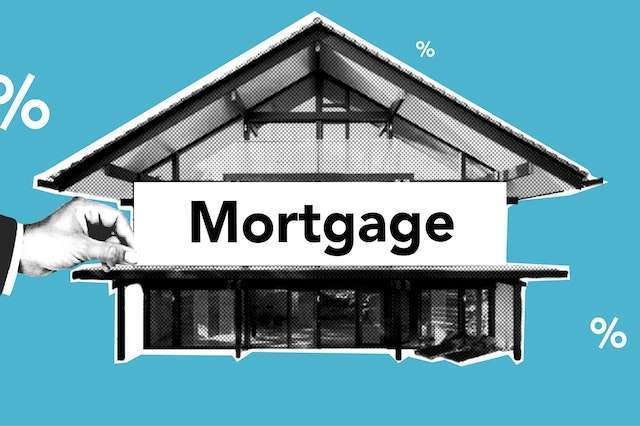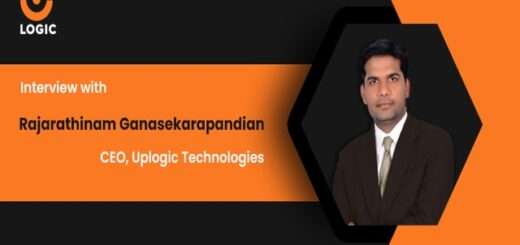Physician Mortgage Loans: Everything You Need to Know
Securing a loan for a mortgage is one of the most complex parts of a person’s financial journey. The underwriting requirements are very strict, and those who have high levels of debt will face a harder time than others. Physicians often have trouble securing mortgage loans early in their careers. This is usually due to low levels of savings, a limited income history, and a high level of debt due to student loans. For many healthcare professionals, getting approved for a home loan can seem impossible. Thankfully, there are options available, specifically, physician mortgage loans, made specifically for physicians. Below, we will cover everything you need to know about physician mortgage loans.
What is a Physician Mortgage Loan?
A physician mortgage loan is a type of loan program that caters to the needs of doctors and other healthcare professionals. Specifically, these loans take into account the high student loan debt left behind by medical school. The underwriting process is more considerate of certain debt types, and the loan amounts are also more generous for medical professionals. Typically, dentists, veterinarians, and other medical professionals with advanced degrees are able to qualify for a physician mortgage loan. The difference in this type of loan compared with a traditional mortgage loan is that these programs take into account the future stability and high-income potential of the medical professional.
Explanation of How a Physician Mortgage Loan Works
A physician mortgage loan works almost the same as a traditional home loan. There will either be an adjustable rate or a fixed rate offered by the lender. The interest rate provided for the loan amount will also be directly related to the physician’s credit score. In the case of physician mortgage loans, the down payment requirements tend to be smaller, and the underwriting requirements are more lax when considering certain debt types.
Physician DTI
The DTI for most conventional loans sits at around 45%. This is calculated based on the number of outstanding loans, credit cards, and other financial obligations. For physicians, student loans tend to push the DTI well over the 45% requirement needed for a traditional loan. A physician mortgage loan program, on the other hand, will calculate an applicant’s DTI without including student loan debt in the calculation. This makes qualifying for a home loan much easier.
Physician PMI
For any home loan, private mortgage insurance is a requirement if the downpayment is less than 20% of the purchase price. In the case of a physician mortgage loan, many lenders will waive the PMI for loan amounts that are $1 million or less. In the event that the PMI is not fully waived, the amount will be 5% or less. This allows physicians more leeway in securing a home loan without increasing their overall financial burden.
Physician Mortgage Loan Property Qualifications
With physician mortgage loans, the main purpose of the home is for a physician’s primary residence as opposed to an investment property or second home. That being said, there are some doctor’s loans that allow a physician to purchase a home with a maximum of four units as long as one is owner-occupied. For medical professionals interested in investing in real estate while also getting a specialized home loan, this is an efficient option.
Certain physician mortgage loans may specify that the home be an existing property, while others may allow for new construction. The available home type options will vary according to the lender, as opposed to a conventional home loan, which won’t have such rigid restrictions. Current homeowners may also have the option of refinancing their traditional loan into the physician mortgage loan program in order to obtain a better interest rate or more manageable repayment terms.
Borrower Qualifications for a Physician Mortgage Loan
As a physician, it is critical to understand what qualifications are needed before applying for this specialized loan. Below, we will cover some of the main qualifications a physician will need to show when filling out a physician mortgage loan application.
Credit Report
In most cases, a person will need to have good credit in order to secure a home loan, regardless of their career path. The average score will need to fall between 675 and 750 at the minimum for loan approval. For physicians, this creditworthiness scale is also the same, even if there are a large number of student loans on their credit report.
Type of Degree
Anyone applying for a physician mortgage loan will have to have a qualifying medical degree. Specifically, the following degree types are eligible; DMD, DPM, DVM, DDS, and MD among a few others. Certain lenders will also extend this specialized loan to registered nurses and nurse practitioners.
Home Down Payment
Many lenders will waive the PMI for physician mortgage loan applicants, but a down payment is still essential for qualification. The most common down payment requirement for a physician mortgage loan will range between 5% and 10%, depending on the total loan amount. Applicants are always able to increase their down payment amount to lower their interest rates or get a better loan repayment plan.
Current Employment
Like a conventional home loan, a physician mortgage loan will also require proof of employment. In the case of a physician, a contract as a resident or new doctor will suffice. For self-employed doctors, proof of being self-employed with a private practice will suffice for most physician mortgage loan applications.
These are the basic qualifications needed for a physician to apply for a specialized mortgage loan. It is important to check what each lender requires and what types of loans they have available. Not every lender will offer all program types, and some may have stricter application requirements than others. Always shop around for the best rates and make a loan decision based on what will work best for you financially in the long-term.
Related: Finance Management: How to Track and Organize Your Budget
Unique Benefits of a Physician Mortgage Loan
There are a lot of benefits that come with applying for and being approved for a physician mortgage loan. In addition to being able to apply for a loan regardless of high student loan debt, this type of loan also makes it easier for medical professionals to qualify. The size of the mortgage also tends to be much higher than what a person applying for a conventional loan would be able to secure. During the underwriting process, lenders look at the earnings potential of the applicant based on their degree and their employment contract.
Many medical professionals are able to purchase a home without putting much money down. Securing a jumbo loan and also getting a large selection of premium interest rate options to choose from are additional benefits of a physician mortgage loan. The pressure to pay down student loans or even arrange a high down payment is no longer a barrier to homeownership with this speculated loan program.
Unique Drawbacks of a Physician Mortgage Loan
There are a lot of benefits to using a physician mortgage loan to purchase a home as a newer doctor. However, this type of loan may not always offer the most long-term benefits. In many cases, the lack of need for a large down payment can lead to buying a larger home than one can actually afford. Qualifying for a specialized home loan may be easier, but actually making the payments on a costly home along with student loan payments may be overwhelming. The credit score needed to qualify for a physician mortgage loan can be rather high, even if student loan debt is not considered during the underwriting process. In some cases, an FHA loan may be a better option for those with lower credit scores, regardless of their student loan debt amounts.
Another thing to keep in mind is that many physician mortgage loans have a higher starting interest rate than traditional home loans. For example, if the base rate for a conventional loan is 4.5%, the base rate for a physician loan will be 4.75%. While this may not seem like much, on larger loan amounts, this can add up to a lot of money over the life of the loan. Also, most physicians will take advantage of the low down payment/no down payment option of these specialized loans. This will result in a higher loan amount, which may outpace the value of the home a few years down the road.
Is A Physician Mortgage Loan Right For Me?
Buying a home is a big decision. A physician mortgage loan is a great way to finance the dream of homeownership if student loan debt is getting in the way. Many people are able to qualify for a conventional loan even with student loan debt. It is important to consider your goals, current finances, long-term obligations, and even your career plans when considering a physician mortgage loan. It is also a good idea to review your options with various loan offers and mortgage specialists to see what options are available based on your credit profile.







